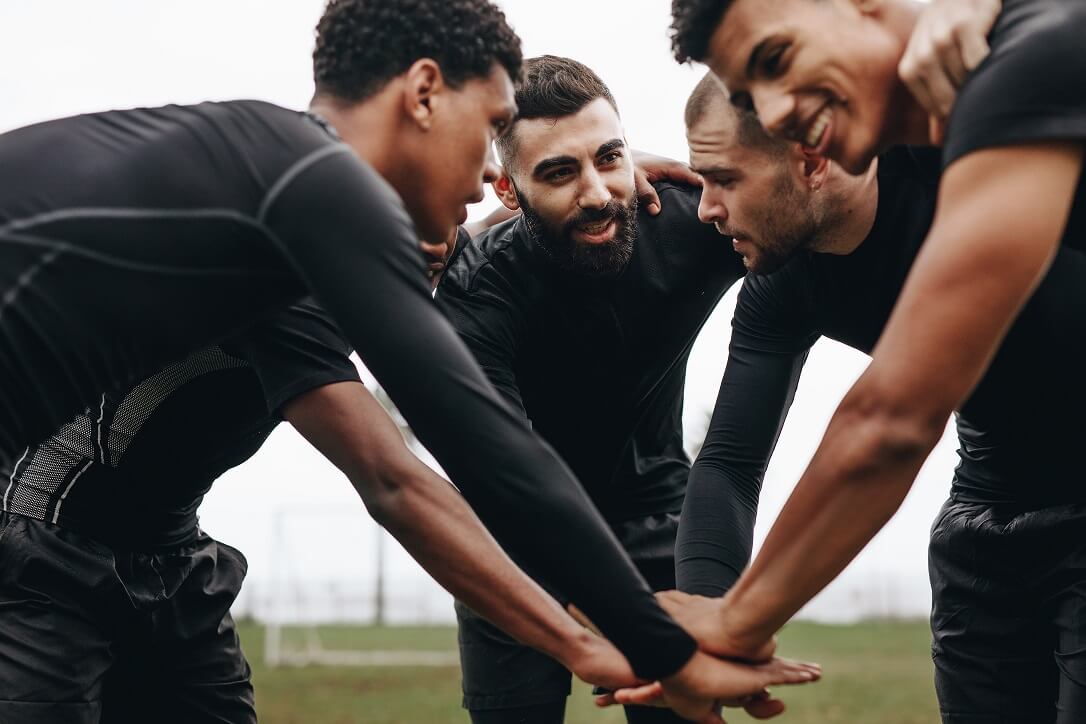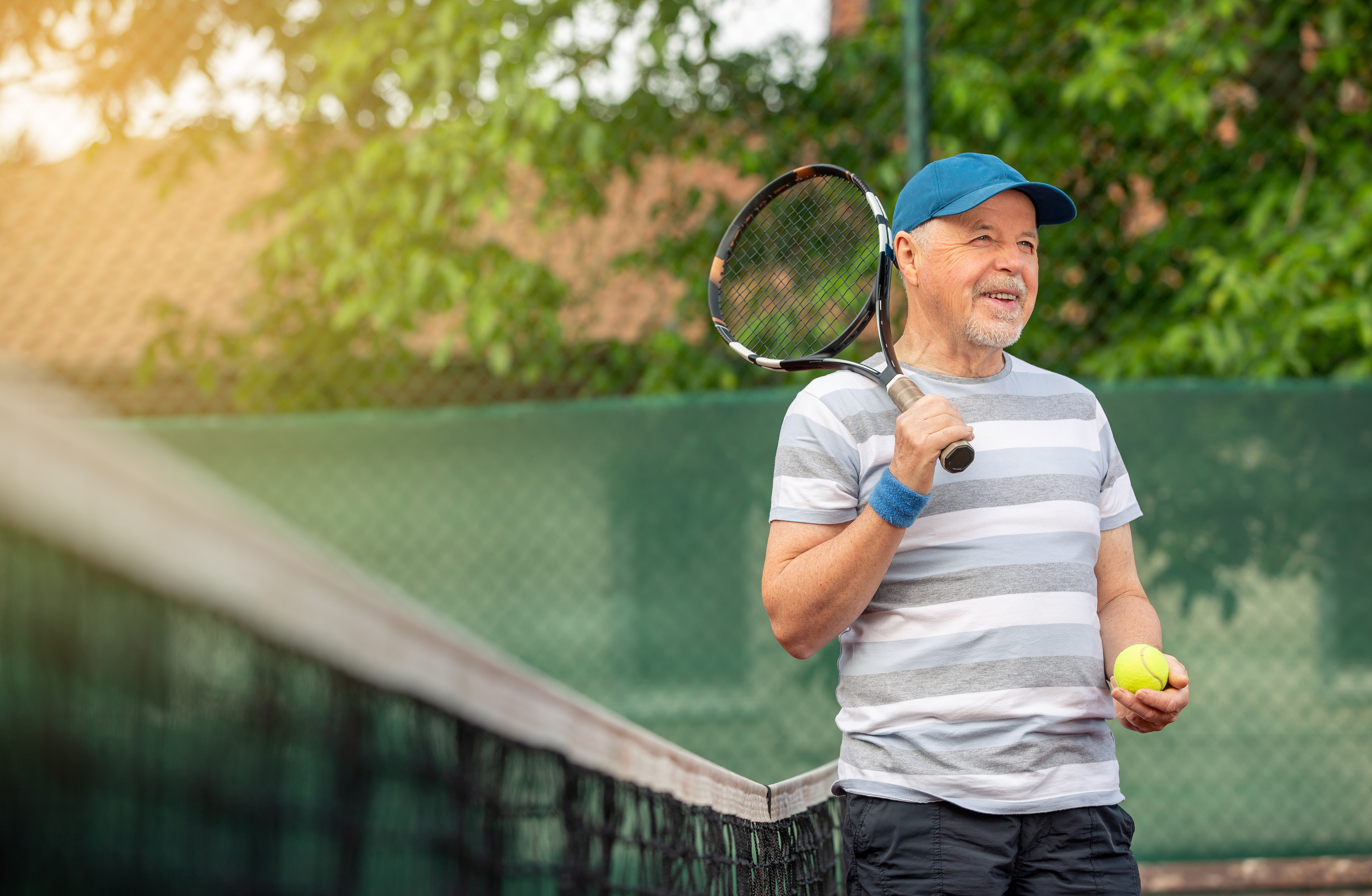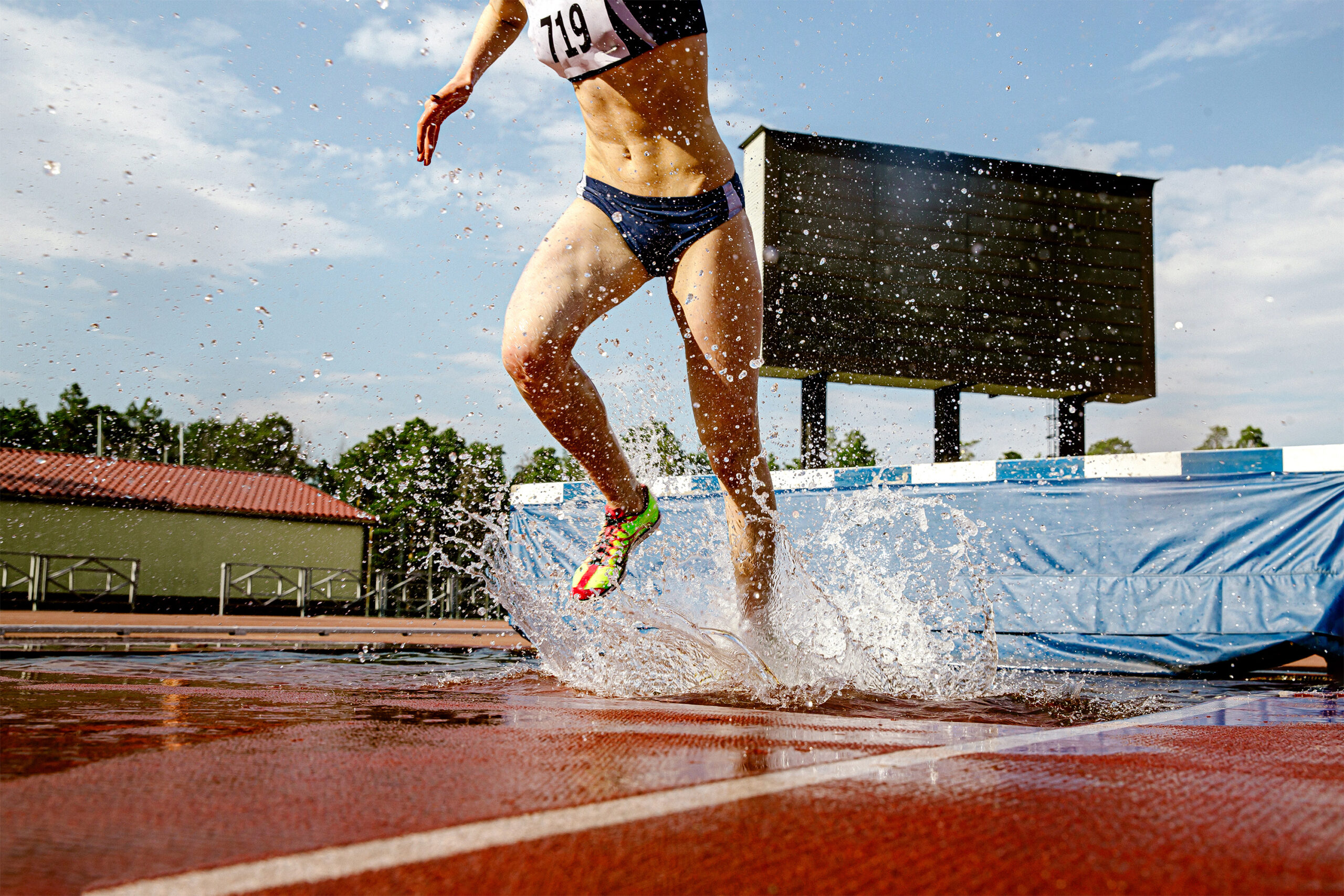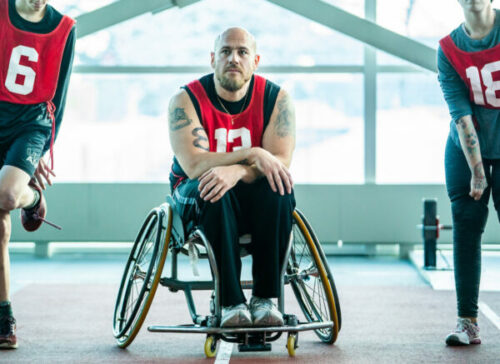Winter SIRCuit
For many, the new year presents an opportunity to set new goals, refine behaviours, or let go of something that is holding them back. This edition of the SIRCuit provides the latest research and insight on a number of key topics that can help sport administrators, coaches, athletes, and others create a foundation for success in 2021.
Key Topics

Self-compassion requires an awareness of personal suffering and a desire to help oneself through an emotionally difficult time. Based on the research, self-compassion has three main components: self-kindness, common humanity, and mindfulness.

Much of the previous research with Masters athletes has focused on the biophysical, physiological, and injury risk considerations associated with coaching older athletes. However, in the last decade, research has examined the psychosocial skills needed by coaches to establish quality interactions, social connections, trust and belief in collaboration, and a sense of partnership with this important group of athletes.

For athletes, under-fuelling can contribute to the development of relative energy deficiency in sport (RED-S) and negatively affect performance. For example, associated iron deficiency or iron deficiency anemia can decrease athletes’ aerobic work capacity. Learn how to recognize the early warning signs of RED-S.

As the sport system continues to evolve, sport leaders are looking for new strategies to help navigate a wide range of complex challenges. Social learning spaces (SLSs) – which engage stakeholders in the process of change through collective and individual reflection to inform new or refined practices – might be the approach they’re looking for!

The Tokyo Games provided a platform for Canadian athletes to shine. For many, their development path was not a straight line from playground to podium. Learn about RBC Training Ground and Paralympian Search – two programs designed to support athlete development in Canada and help build the pipeline of future podium hopefuls.